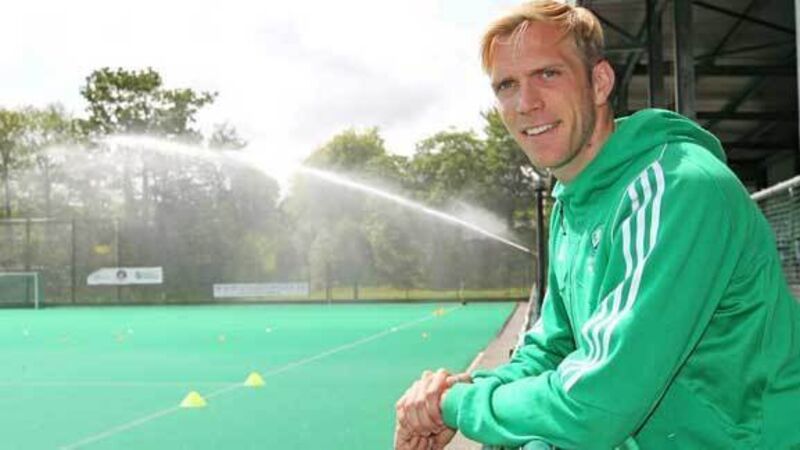Sat, 09 Jul, 2016 - 01:00
Marjorie Brennan
Conor Harte
Already a subscriber? Sign in
You have reached your article limit.
Subscribe to access all of the Irish Examiner.
Annual €130 €80
Best value
Monthly €12€6 / month
Introductory offers for new customers. Annual billed once for first year. Renews at €130. Monthly initial discount (first 3 months) billed monthly, then €12 a month. Ts&Cs apply.
CONNECT WITH US TODAY
Be the first to know the latest news and updates
CourtsFeaturesOlympicsRioathletesPlace: RioPlace: EarthPlace: Kinsale,Place: IrelandPlace: South AfricaPlace: AbbotstownPlace: BallinspittlePlace: BishopstownPlace: CorkPerson: Marjorie BrennanPerson: Conor Harte
HockeyPerson: Conor HartePerson: DavidPerson: Mickey HartePerson: DavePerson: Lizzie LeePerson: LeevalEvent: OlympicsEvent: OlympicOrganisation: Royal Racing Club BruxellesOrganisation: OCIOrganisation: Courcey RoversOrganisation: U21












